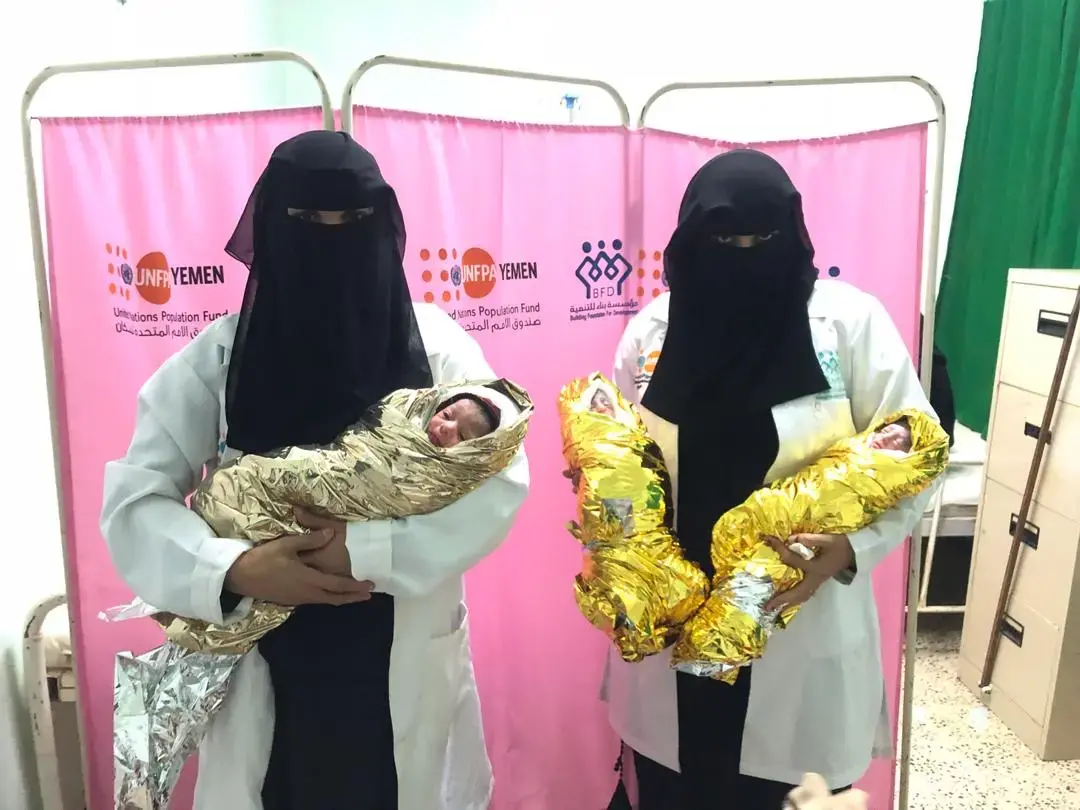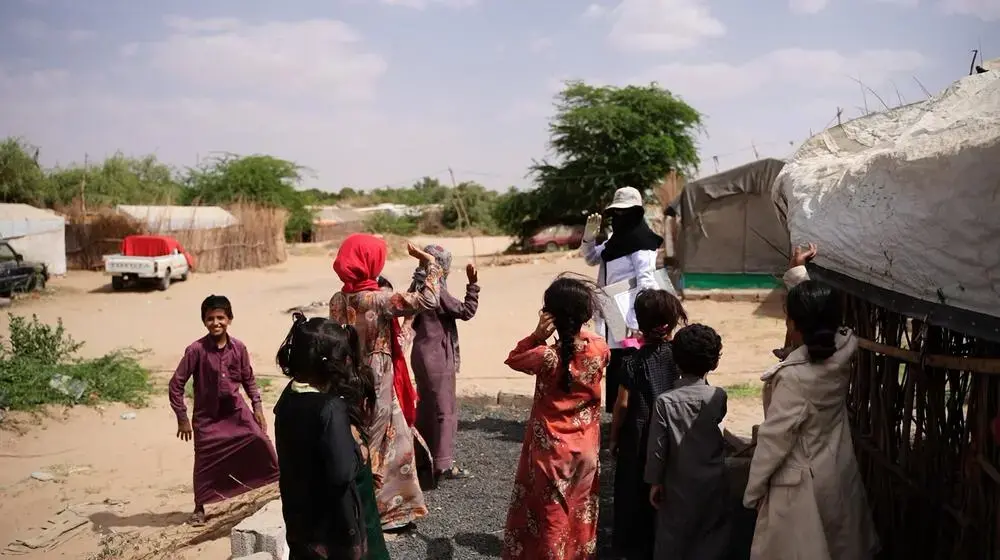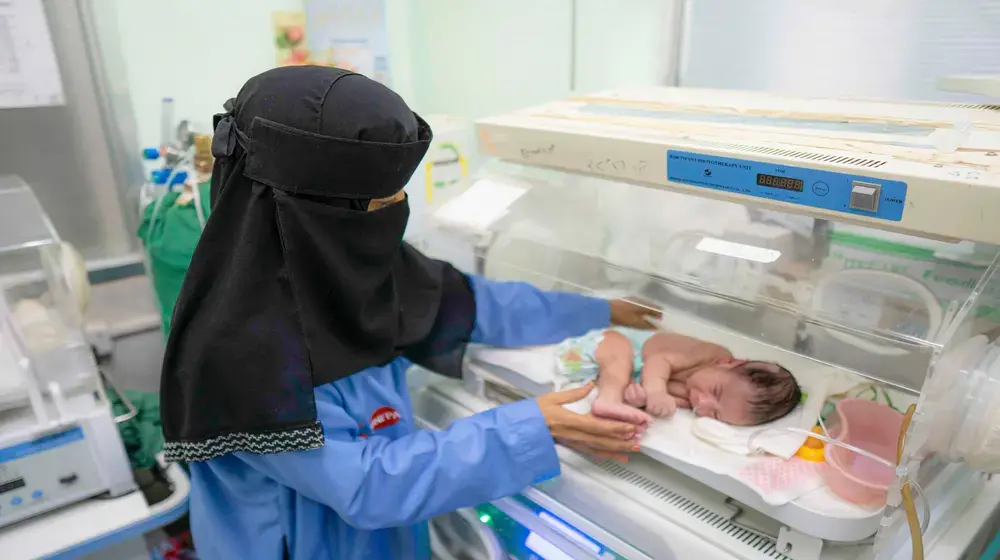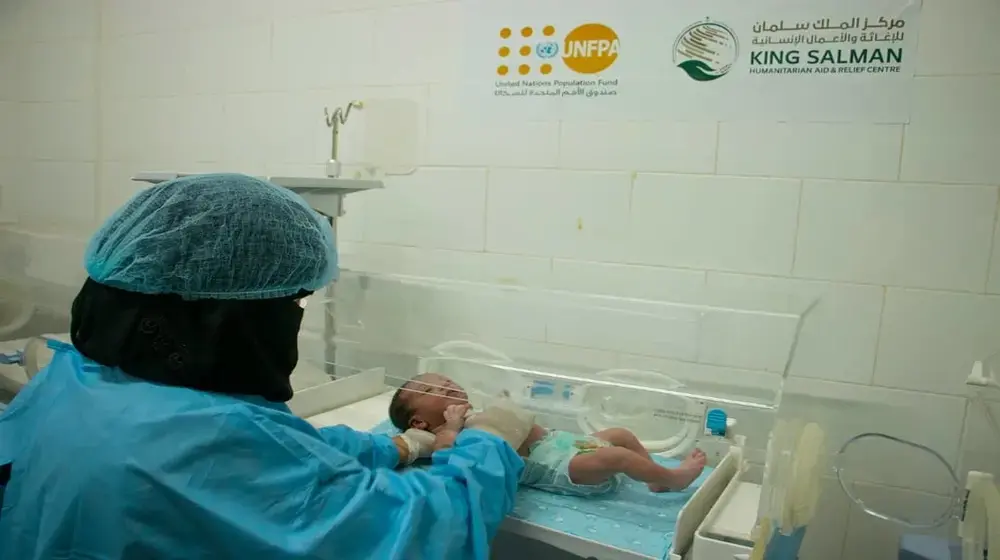In March, the crisis in Yemen entered its sixth year. The scale, severity and complexity of needs in Yemen continue to stagger. Some 24 million people, 80 per cent of the entire population require some form of assistance or protection and close to half of all families are in acute need. The conflict has also compromised access to health; only 50 per cent of health facilities in Yemen are functioning, of which 20 per cent provide maternal and child healthcare; services are restricted further by intermittent electricity and power outages across the country.
Yemen’s economy has been badly fractured by half a decade of war. In the first quarter of 2020, economic forecasts indicate that macro-economic conditions are likely to continue deteriorating. The situation is exacerbated by lack of humanitarian access to people in urgent need of assistance, and a shortage of funding. UNFPA's response remains funded at 41 percent of an appeal of US$100.5 million for its response in 2020.
Heavy fighting continued throughout March on the Al Jawf – Marib fronts. An estimated 7,500 families were displaced between 19 January and 23 March as the result of escalated conflict in Marib, Al Jawf and Sana’a governorates. On 1 March, when clashes broke out in Al Hazm City in Al Jawf Governorate, UNFPA estimated that about 2,000 families fled in just 24 hours. The UNFPA-led Rapid Response Mechanism (RRM), has provided emergency relief assistance to over 53,000 people since January 2020. Mobile teams deployed in these areas reached nearly 20,000 women with reproductive health and protection services.
While no cases of COVID-19 were reported by end of March, epidemiologists warn that the virus could spread faster, more widely and with deadlier consequences in Yemen than in many other countries, resulting from five years of war which has severely degraded the health infrastructure, lowered immunity levels and increased vulnerabilities. Women and girls, especially those pregnant are particularly vulnerable with over one million pregnant and lactating women being malnourished.





